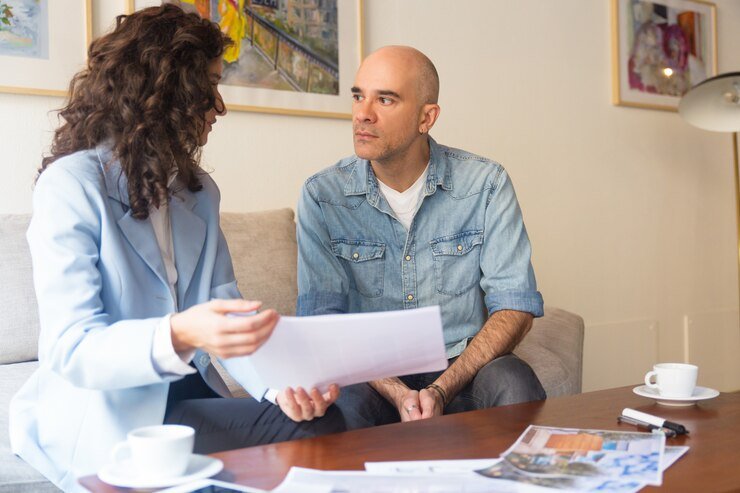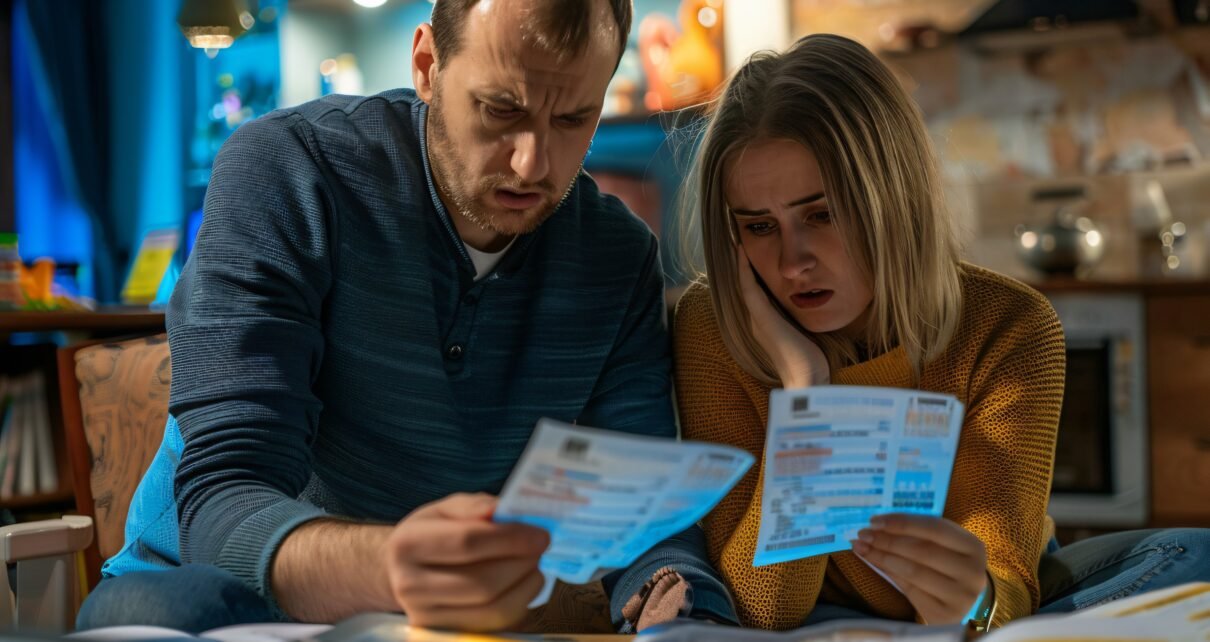What is a Debt Relief Order: If you’re struggling with debt, you may be considering a debt relief order (DRO). This is a formal debt solution that can write off some or all of your debts.
This blog post will explore what a DRO is, how it works, and whether it’s the right solution for you.
A debt relief order (DRO) is a type of insolvency procedure that can help people with very little money and few assets to pay off their debts. A DRO is a formal way of dealing with your debts that is administered by an official called an authorised intermediary.
If you have a DRO, your creditors are not allowed to contact you or take any action to recover the debt. You can get some breathing space and time to get your finances back on track.
If you think a DRO might be right for you, you should speak to an authorised intermediary or adviser.
A DRO can only be issued by an authorised debt advisor, such as a Money Advisor at a Citizens Advice Bureau.
Once a DRO is ready, your creditors (the people you owe money to) cannot take any further action to recover the debt. This includes taking money from your wages or sending bailiffs to your home.
A DRO usually lasts for 12 months, after which your debts are written off (‘discharged’). You no longer have to pay them.
Deal With Your Debts With a Debt Relief Order
If you are facing a mountain of debt and feeling depressed about it, you can check the option of a debt relief order. There are some points you need to know before you qualify for a debt relief order.
- You owe £30,000 or less
- You don’t own your own home
- You don’t have much spare income
- You don’t have other assets or things of value
The important thing to keep in mind is that you don’t need to make payments towards many types of debt included in your DRO. Even your creditors cannot force you to pay off the debts. Any DRO you agree to will last a year unless your situation changes. Once your DRO ends, most of your debt gets written off.
You have to know that you need to speak to a DRO adviser who can help you fill in an application. There’s a £90 fee that needs to be paid with a DRO application.

Can you get a Debt Relief Order?
There are chances that you should be able to get a DRO if you meet the following criteria:
- You have tried and are now unable to pay your debts.
- All the debts that are qualified for DRO are not more than £30,000.
- After you have met your household expenses, you don’t have more than £75 left over each month.
- You don’t own any home.
- Any savings or valuables that you own (also called assets) at your end are not worth more than £2,000. (some assets are usually ignored when the total value is calculated which includes basic household items and tools you need to for your work.)
- There is a time duration of six years since your last DRO was made and it was not revoked.
- You have not entered any other insolvency procedure like bankruptcy or an individual voluntary arrangement (IVA).
- In the last three years, you have worked in England or Wales or lived there or have a property there.
- Any vehicle that you have which is not worth more than £2,000 is not required to be included in your assets. If the vehicle is worth more than £2,000 and it has been modified if you have a disability, you don’t need to include it in your assets. You can only exclude 1 vehicle from your assets.
What are the debts that are covered by a DRO?
All debts that can be included in a DRO are called ‘qualifying debts’. Once your DRO period starts, creditors cannot ask for payments from you. If they do ask for payments, you don’t need to pay them. Here are some examples of debts that can be included in a debt relief order.
- Your credit cards, overdrafts and loans
- Your arrears with rent, utility bills, telephone bills, council tax and income tax
- Your benefits overpayments
- Your hire purchase or conditional sale agreements
- Your buy now – pay later agreements
- Your bills for services like vets or solicitors
- Any debts that you owe to your friends and family
- Your business debts
Keep in mind that if you obtained any of these by any fraud, you will need to pay them even when the DRO term has ended.
What are the debts that are not covered by a DRO?
All your debts are not covered by a DRO. There are still some debts that you need to pay. These debts include:
- Your magistrate’s court fines and confiscation orders relating to criminal activity
- Your child support and maintenance
- Your student loans
- Your social fund loans
- Your compensation for death and injury
If you are not sure whether any debt you have would be covered by a DRO, get in touch with your DRO adviser. If the debt is not covered in DRO, you will need to pay them even if you qualify for a DRO.
Any debt that you forget to include in your DRO, you cannot add later. If there are missed debts on your part and you did not include them in your DRO as it would have taken you over the £30,000 limit, your DRO could be cancelled. It is crucial that you tell the DRO adviser about all the debts that you have.
Before making your mind up on a debt relief order, it is still important that you discuss with a trusted DRO adviser who can help you with free professional advice.



